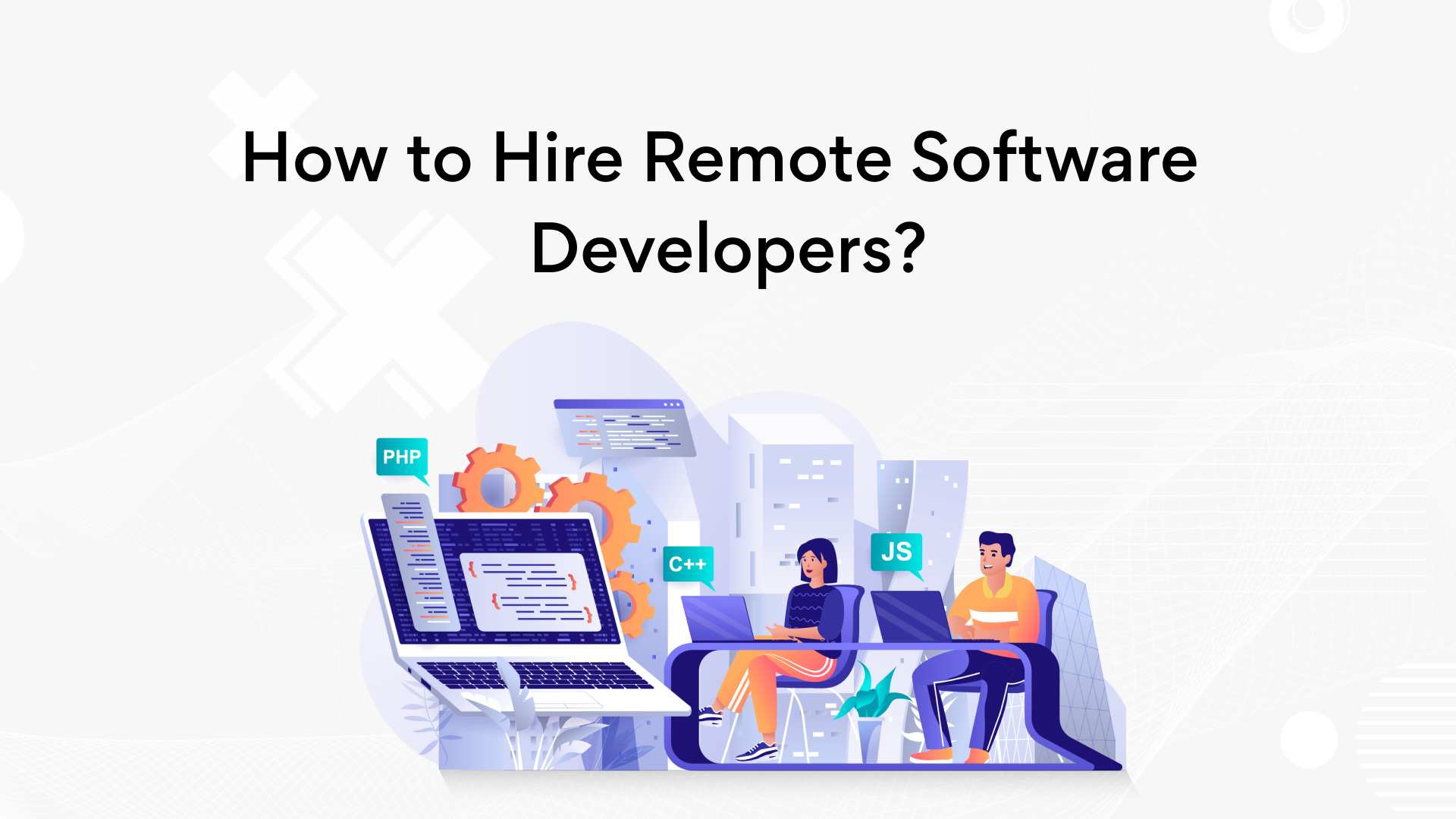The Great Remote Work Standoff Between Employers and Employees
Do your employees favor remote work? If so, are you in agreement? A poll by the Best Practice Institute revealed that 83 percent of employers want workers back in office full-time, while just 10 percent of employees share that preference.
In this article, we study the growing disconnect between employees and employers on the future of work and hear what experts from Amazon, Cushman & Wakefield think:
Only 10 percent of employees are interested in returning to full-time office work
Studies show the newly-theorized “COVID Anxiety Syndrome,” characterized by fear of public places and obsessive cleaning, may prevent people from reintegrating into daily life even after COVID subsides. Moreover, returning to work is sparking panic among such workers, with 66 percent of employees concerned about the health risks it could pose.
Workers across pay grades and industries like software development, analytics, legal administration, and corporate office work are also expressing worry over the time and effort needed to revert to working at the office. For most people, remote work is a significant change from white-collar, in-office culture, which always considered personal responsibilities secondary to work. Whereas when people work from home, they typically have the freedom to adapt their work to the realities of health, family, and even disability, allowing employees to balance their personal and professional lives.
But what if employees aren’t permitted to work remotely? Over half the workers surveyed by PwC said they’d refuse to work for companies that don’t offer any workplace flexibility. Forty-one percent of employees will even endure a salary cut to work remotely.
Meanwhile, 83 percent of CEOs want employees back full-time
Despite pushback from workers, some employers are keen to reopen offices permanently. However, Sandeep Mathrani, CEO of WeWork, told WSJ that only the least engaged employees are comfortable working remotely.
Cathy Merrill, CEO of Washingtonian Media, wrote that employees who prefer permanent WFH risk being demoted to contractors, losing money, benefits, and status. Her op-ed drew public backlash from Twitter users and Washingtonian staff, who refused to publish content for the day in protest.
Similarly, Goldman Sachs executive David Solomon characterized remote work as “an aberration to be corrected as quickly as possible.” Urs Holzle, a senior Google executive, who once opposed remote work opportunities for the company’s lower-ranking employees, has relocated to New Zealand to work remotely.
Amazon, Cushman & Wakefield leaders believe talent will win
Leaders from global enterprises like Amazon, Cushman & Wakefield shared their thoughts on post-pandemic workplace transformation at Turing’s Boundaryless: #ScalingPostPandemic conference. Gabe Burke, Managing Director at Cushman & Wakefield, said, “If the talent insists on hybrid or remote working models, then most companies will eventually give in to their needs.” Hetal Shah agreed, saying, “Companies that don’t provide flexibility will see an increase in attrition. The loss of skilled employees will drive change.”
Additionally, Gabe cited a Littler survey to emphasize this disconnect: 71 percent of employers believe most employees prefer hybrid work. Yet, only 4 percent believe that workers would similarly choose full-time, in-office positions. Despite that, nearly 30 percent of employers are planning to have employees return full-time.
There is a clear gap between what employees and employers want when it comes to remote work. Some companies have already embraced the future of work while others are sticking to the in-office status quo. However, the expert consensus is that employers will eventually go remote to hire and retain the best talent.
Turing is an automated platform that lets companies “push a button” to hire senior, pre-vetted remote software developers. Firms can hire from a global talent pool of top 1% of 700K+ developers with strong technical and communication skills who work in their time zone.
Source: Washington Post
For more information, visit Turing’s Hire page.
Join a network of the world's best developers and get long-term remote software jobs with better compensation and career growth.











